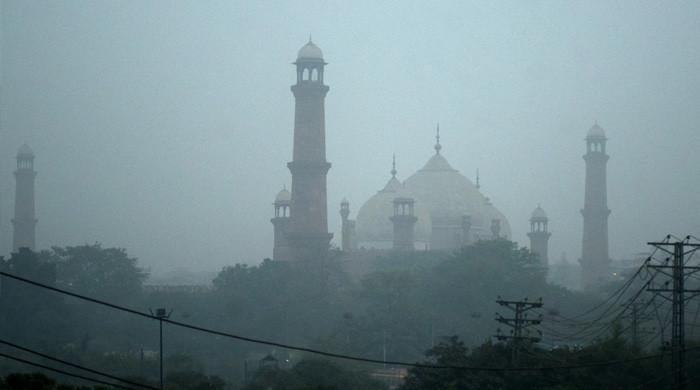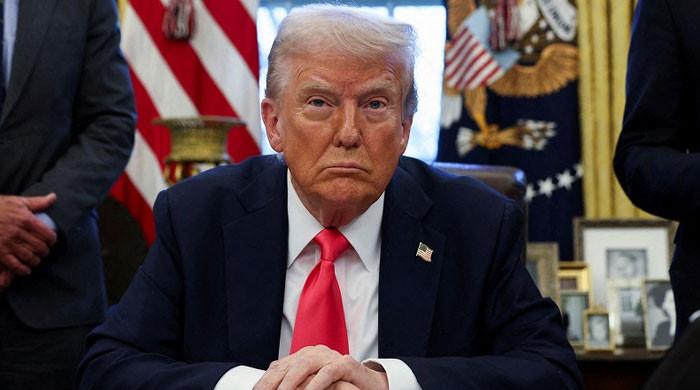Is Pakistan about to default?
A sovereign default is “failure by a country’s government to pay its debt”
December 04, 2022

Pakistan is not about to default on its debt obligations, neither external debt nor internal debt. A sovereign default is the “failure by a country’s government to pay its debt”. To be sure, Pakistan’s government is not about to fail in the payment of its debt. A sovereign default could also be the “refusal of the government of a sovereign state to pay back its debt in full when due.” To be certain, Pakistan’s government has not refused to pay back its debt in full when due. At times a government makes a formal declaration that it will not pay its debt. Pakistan’s government has done the exact opposite – by formally declaring that it will pay all its debts.
Yes, Pakistan’s five-year Credit Default Swap (CDS) that was trading at 1,000 bps in May did shoot up to 9,253 bps on November 18. A CDS is a “financial swap agreement that the seller of the CDS will compensate the buyer in the event of a debt default by the debtor.” CDS has existed since the 1990s and the outstanding CDS amount now hovers around $60 trillion. As a matter of fact, Pakistan’s five-year CDS is thinly traded and in no way means that Pakistan is about to default. What Pakistan’s CDS is showing is that insuring Pakistan’s debt has now become prohibitively expensive. What that also means is that the government of Pakistan in the current scenario will not be able to sell debt in the international market. What that means is that Pakistan’s access to the international bond market has been shut. That indeed is serious.
For the record, a one-billion-dollar Third Pakistan International Sukuk matures on December 5. For the record, that one-billion-dollar maturity amount has been arranged for and will be paid in full including interest. So there is no default there. The next maturity is a 10-year, $1 billion Pakistan Government International Bond maturing on April 15, 2024. For the record, there is no bond maturing in calendar 2023 – so there cannot be any default that year.
For the record, there is no bond maturing in the following 16 months, so there cannot be any default in the following 16 months. What should be a concern for the government of Pakistan is that the 10-year bond maturing in April 2024 is currently trading at 50% of its original price and the current yield-to-maturity is 64%.
No default but we are heading into a serious currency crisis. What that means is that the State Bank of Pakistan (SBP) has run out of dollars. Running out of dollars for an import-dependent country is a serious crisis. We need to import crude petroleum, refined petroleum, petroleum gas, palm oil, medicines, raw cotton and wheat, but the SBP has run out of dollars. Imagine, foreign banks are now charging premiums of 8% to confirm a letter of credit from Pakistani banks. Yes, Pakistani consumers – and our industry – would have to bear all these premiums in terms of even higher prices. There could also be a serious fuel crunch.
Lo and behold, our top priority continues to be politics-and that too politics of revenge, hatred, and animosity.
The writer is a columnist based in Islamabad. He tweets @saleemfarrukh and can be reached at: [email protected]
Originally published in The News











